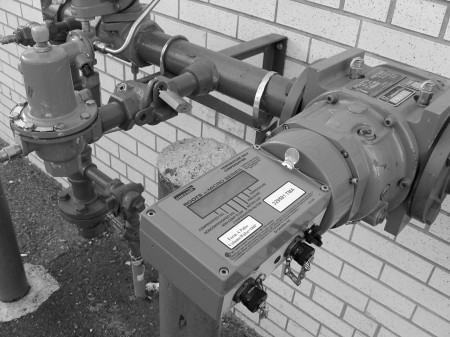One product of globalization and technological advance is the amplification of the ‘pygmy and giant’ phenomenon. On measures like wealth or fame, the world is probably more unequal than ever before. There are faces that would probably be recognized by a significant majority of those alive on Earth – probably a situation that has only existed for a few decades at most.
At the same time, technology is sometimes a great equalizer. For instance, the world wide web lets virtually anyone with literacy and moderate wealth speak to a worldwide audience. The range of capabilities is also narrowing in other areas. For example, Wal-Mart supposedly has about 583 terabytes of sales and inventory data stored at its headquarters. That sounds impressive until I remember the 1 terabyte drive sitting on my desk. It cost about three days worth of after-tax pay and serves the major purpose of protecting my data from the failure of the disk in my main computer. At a moderate personal expense, I have 0.17% of Wal-Mart’s storage capacity.
The amount of computing power you can get per dollar (or per watt of electricity), continues to increase dramatically. For the price of a sports car, you can build yourself a supercomputer. It is interesting to speculate upon what the democratization of computing power will lead to. Will it just mean increasingly realistic games and ever-more-bloated word processors, or will some genuinely game-changing applications emerge? The fact that someone can host a webpage like this for under $40 a year suggests the potential importance of this confluence in technology, economics, and innovation.


Comprehensive storage
Your average active computer user has more and more data. The first computer I effectively administered had 170 megabytes of hard disk space. Difficult choices had to be made about the relative merits of Doom versus Simcity. Now, just my primary email account has 1500 megabytes of data in it. I have 15 gigabytes worth of photos I have taken (all since 2005) and 20 gigabytes of music.
All this has been made possible by dramatically falling storage prices, combined with the spread of broadband internet. Soon, I expect that this combination will reach its logical conclusion. Right now, people are constrained by the size of their smallest hard drive, as well as by the difficulty of accessing larger remote drives. Eventually, I expect that most people will have a multi-terabyte disk connected to the internet at high speed and securely accessible from virtually any device in the world over the internet. The biggest question is whether this will be an ‘answering machine’ or a ‘voicemail’ solution…